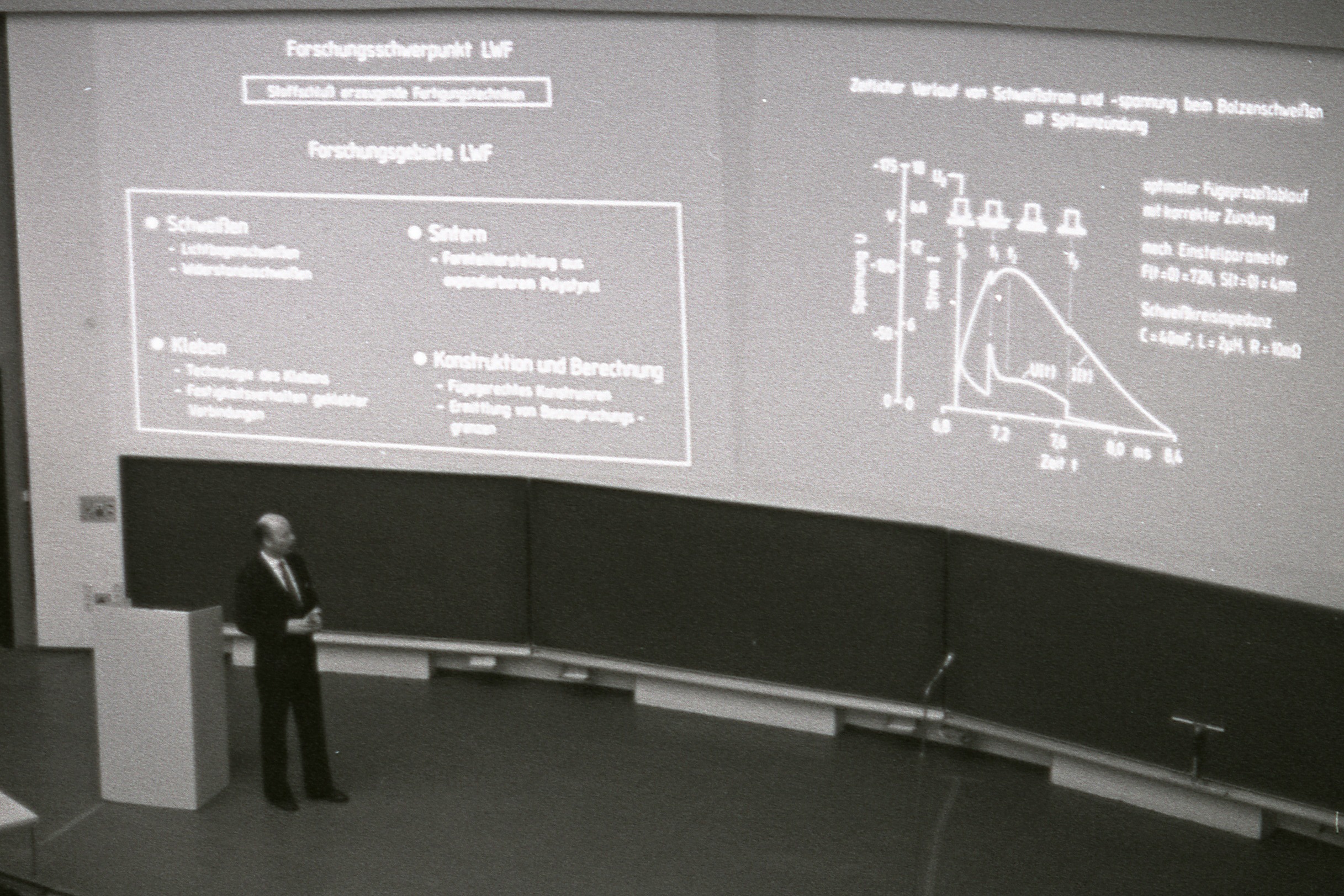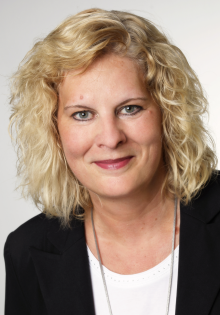Laboratory for material and joining technology (LWF)
Productive and material-related joining technologies are key to innovative hybrid structures that form the basis for lightweight construction and thus make an important contribution to saving energy and reducing emissions. Since the Laboratory for Material and Joining Technology (LWF) was founded in 1976 with the appointment of Prof. Dr.-Ing. Ortwin Hahn, research has focused on the new and further development of mechanical, bonding, thermal and hybrid joining techniques for combining new lightweight materials in hybrid systems. The main emphasis here is on processes for the efficient implementation and optimization of joining processes for resource-efficient high-performance composite systems. One particular area of focus is the creation of methods for experimental and numerical process simulation, stress analysis and lifetime prediction of joined hybrid structures under application-related conditions. Since September 2011, LWF has been headed by Prof. Dr.-Ing. Gerson Meschut.
LWF works in a close network of SMEs, large companies and sponsor organizations, and generates both basic and application-related results. The developments have on several occasions been awarded the Steel Innovation Prize of the German Steel Federation as well as the quality seal "Innovative Alliance" of the European Research Association for Sheet Metal Working (Europäische Forschungsgesellschaft für Blechverarbeitung e.V.).
The teaching at LWF is concentrated on the one hand on practical training in the field of materials technology – like the basic internship – and on the other hand, on comprehensive teaching for bachelor and master study courses in the field of joining technology. LWF is also a certified training center for mechanical joining and hybrid joining according to guidelines of the German Welding and Allied Processes Association and also offers certified training.
LWF has been supported in teaching and research by the "Freundeskreis LWF of University of Paderborn e.V." since 1980.
Studying and working at LWF
Student and research staff tell how they came to the LWF. In the process, it becomes clear what the LWF stands for, why you should already be involved in research during your studies and what a successful team spirit looks like.
Interested? Please contact us via: bewerbung(at)lwf.upb(dot)de



